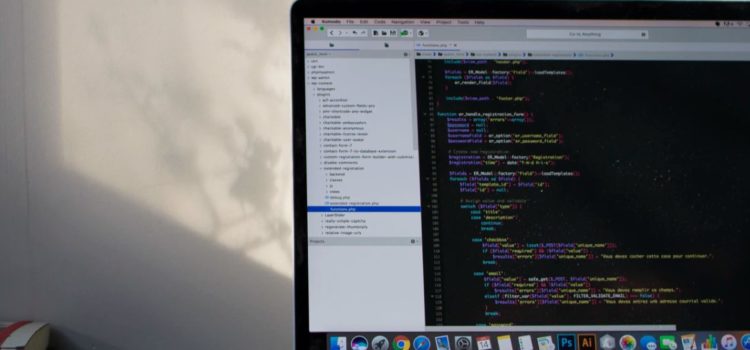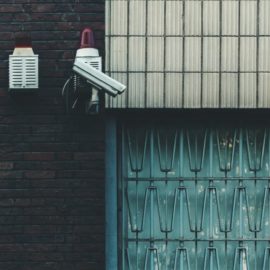

This article is an excerpt from the Shortform summary of "Permanent Record" by Edward Snowden. Shortform has the world's best summaries of books you should be reading.
Like this article? Sign up for a free trial here .
What is EPIC SHELTER? Why did Edward Snowden design EPIC SHELTER? How did it give him an insight into NSA systems?
Designed by Edward Snowden, EPIC SHELTER is a backup program used by the NSA. Using EPIC SHELTER, files that aren’t already backed up are sent to servers at NSA headquarters.
Read more about EPIC SHELTER, Snowden, and mass surveillance.
After Geneva, Ed took a new job in Japan in 2009. He went back to being a contractor (for Perot Systems, which was acquired by Dell) and worked for the NSA. Initially, his job was to connect the CIA and NSA’s infrastructure so they could share data.
EPIC SHELTER: Snowden Fixes NSA Backup Problem
One of the problems the NSA faced in Japan was how to back up data. Ideally, local NSA facilities would send copies of their data back to headquarters at Fort Meade. However, sending data takes up a lot of bandwidth, so people weren’t doing it. As a result, if anything happened to the local server, the information was gone forever.
Ed was assigned to solving this problem. He was to build a storage and backup system that was automatic and constantly updated. The system was code-named EPIC SHELTER. Snowden faced challenges with the project.
For Edward Snowden, EPIC SHELTER was a hard project for several reasons, the main one being duplicated data. The NSA had tons of computers, many of which had the same files on them. Sending a hundred copies of the same file to NSA headquarters was a waste of bandwidth and storage space.
Ed built a deduplication system that compared files on all NSA computers. If, and only if, a file on a local computer didn’t already exist at headquarters, the system would send it to headquarters to be backed up. This cut down on the number of files that needed to be sent, saving bandwidth.
Suspicion of Mass Surveillance Programs
During his time working in Japan on EPIC SHELTER, Snowden was also exposed to some things that made him suspicious about possible mass surveillance. He attended a conference on China. The technology briefer canceled at the last minute and one of the chiefs asked Ed to step in. The topic was how much China could monitor US agents working in China. As Ed read about what China was doing, he came to the conclusion that the US must have done some of the same things to their own citizens. If mass surveillance was possible, and the US already had the information about how to do it, there was no way they wouldn’t have tried it themselves, he reasoned. However, while China was spying on its citizens publicly, if the US was doing it, it was in secret.
Ed tried not to dwell on his suspicions. He rationalized them by comparing US views on freedom to China’s. China has an authoritarian government and the Great Firewall keeps citizens in and everyone else out. In contrast, the US government is democratic and doesn’t control Internet content or who can access it. At the time, Ed thought the US government only interfered with the Internet for defensive, targeted purposes.

———End of Preview———
Like what you just read? Read the rest of the world's best summary of Edward Snowden's "Permanent Record" at Shortform .
Here's what you'll find in our full Permanent Record summary :
- What Ed Snowden discovered that caused him to completely lose faith in the government
- How Snowden led the bombshell reports of US mass surveillance
- How Snowden is coping with his treatment as both patriot and traitor







I am interested in hacking, how can I learn it?